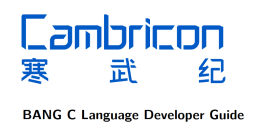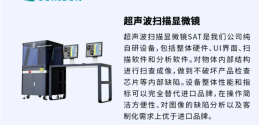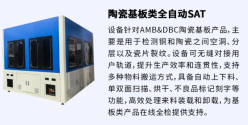So bureaucrats with no technical skills prophesied the advent of the omnipotent machine god and feared the consequences. My god, what a bunch of amateurs.
I didn't think I could have any more contempt for these people.
Key officials believed AI was approaching an inflection point—or several—that could give a nation major military and economic advantages. Some believed a self-improving system or so-called artificial general intelligence could be just over the technical horizon. The risk that China could reach these thresholds first was too great to ignore.
This account of how the Biden administration chose to respond is based on interviews with more than 10 former US officials and policy experts, some of whom spoke on the condition of anonymity to discuss internal government deliberations.
I didn't think I could have any more contempt for these people.
For the past few months, I’ve been working closely with Graham Webster, a researcher at Stanford University who sought to understand how and why the Biden team decided the US needed to curb China’s access to advanced semiconductors in the first place. Today, WIRED is publishing Graham’s of what really happened behind the scenes, based on interviews with more than 10 former US officials and policy experts, some of whom spoke on the condition of anonymity.
“I did this piece because the official legal justification for the controls, military and human rights, was obviously never the whole story,” Graham told me. “Clearly AI was in the mix, and I wanted to understand why in some depth.”




